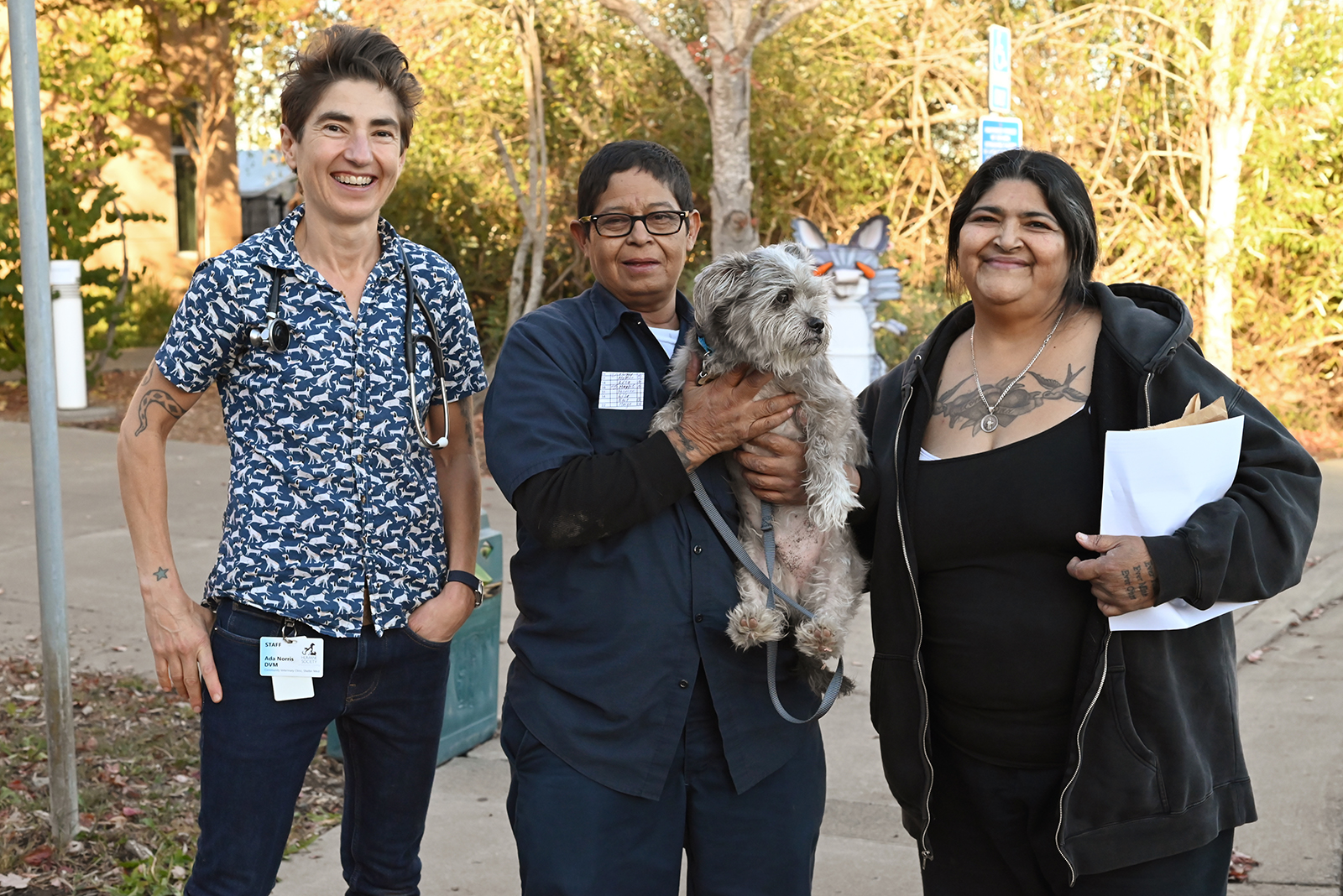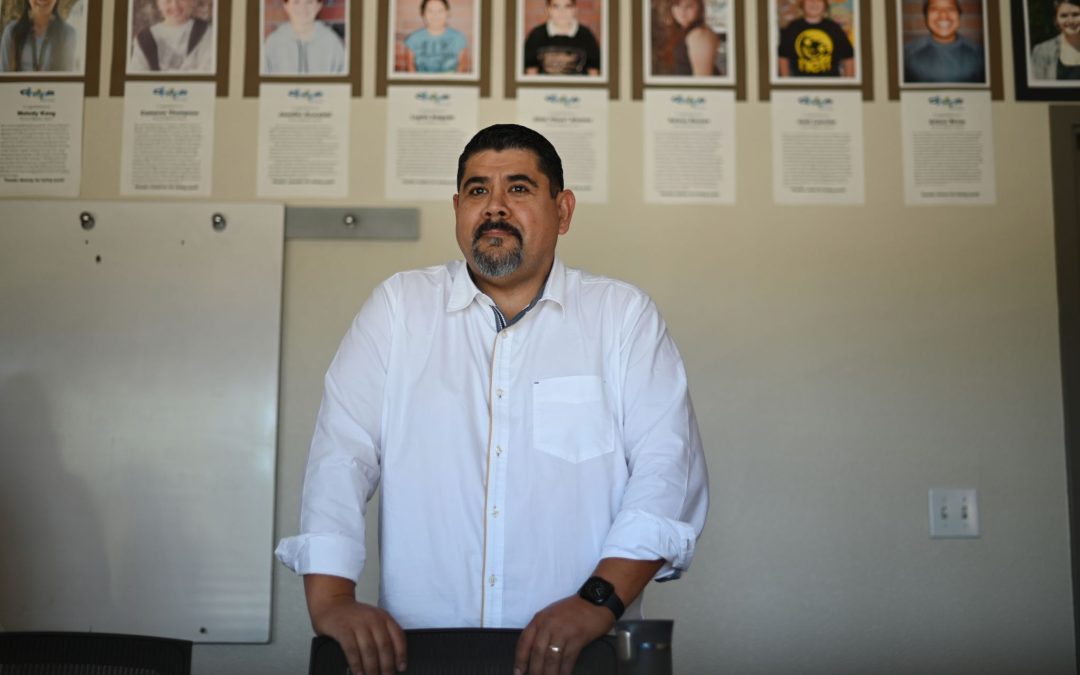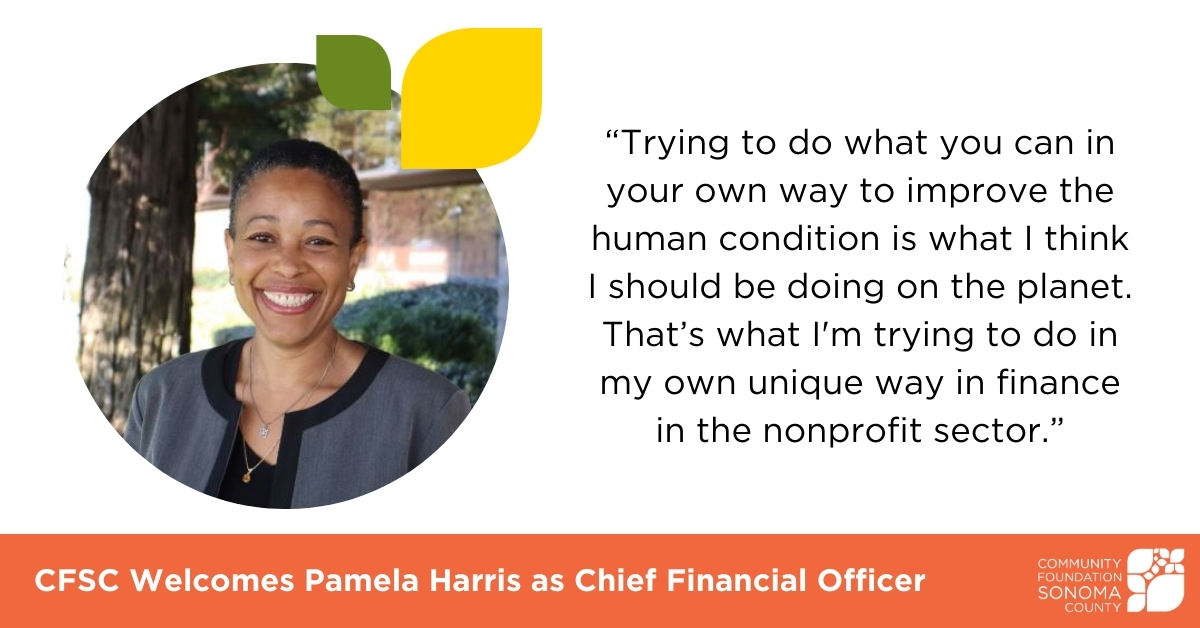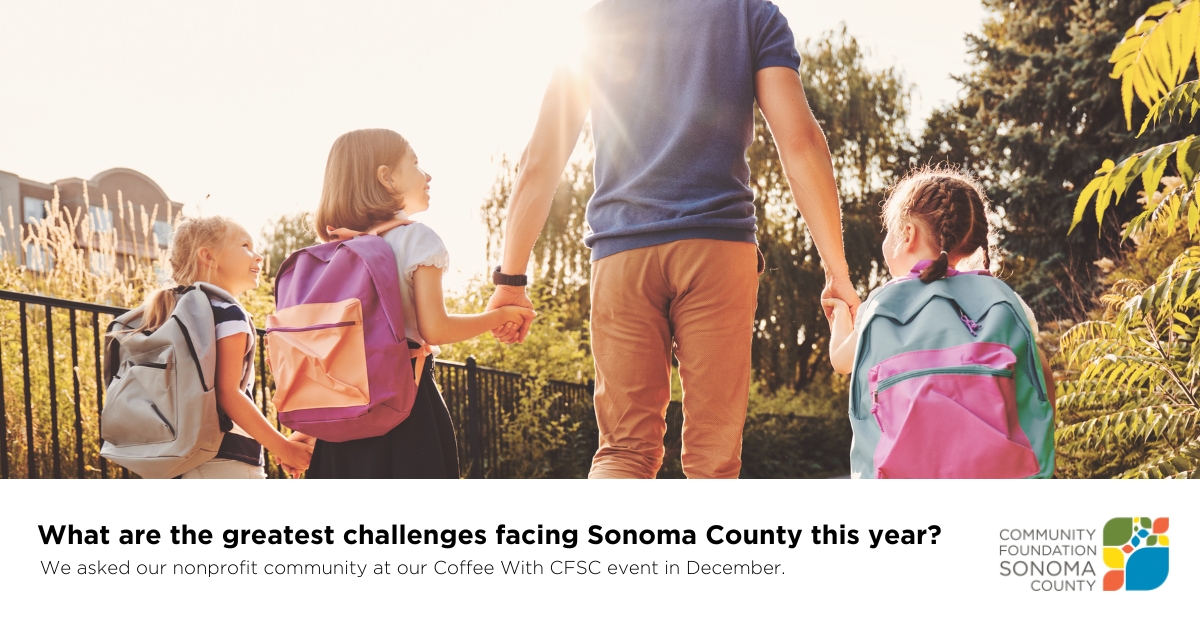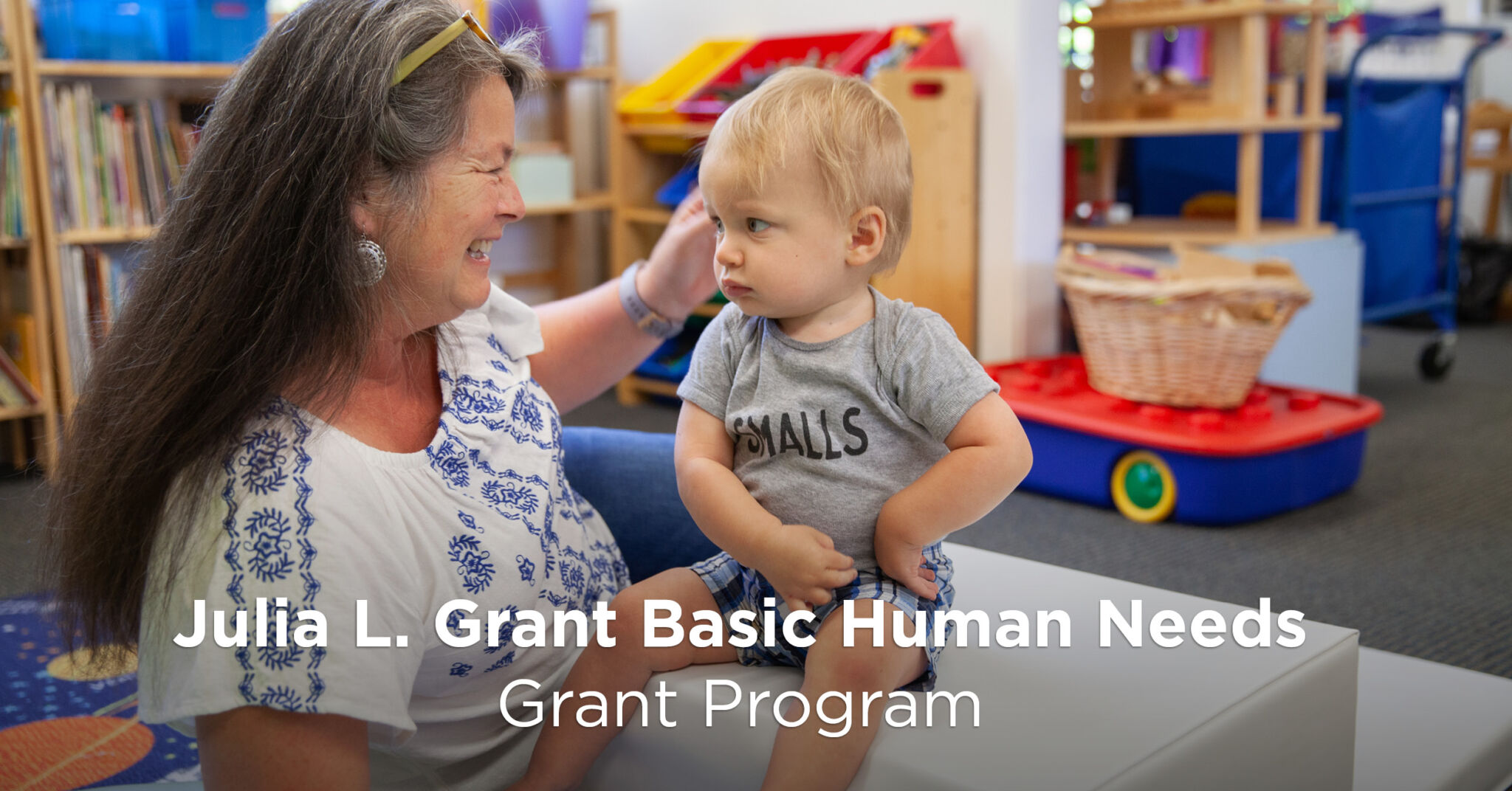Since 1931, Humane Society of Sonoma County (HSSC) has helped ensure that animals across the North Bay receive protection, love, and care.
Located at their shelter campus in Santa Rosa, Humane Society of Sonoma County’s Community Veterinary Clinic (CVC) provides low-cost and subsidized veterinary care for local low-to-no-income pet guardians.
The clinic is full-service, offering exams, treatments, urgent and emergency pet care, and even dental services and surgery for urgent conditions.
“Severe dental disease is very common with approximately 25% of clients requesting dental exams at their pet’s initial visit,” explains Content and Grants Manager, Signe Ross-Villemaire.
The CVC was first conceptualized during the 2017 Tubbs Fire when HSSC held charity veterinary clinics at their Santa Rosa campus. The magnitude of demands for advanced care from the community’s marginalized, low-income, and at-risk pet companions persuaded HSSC to establish the clinic as a permanent community service, formally opening their doors in February 2019. Since then, and increasingly as communities continue to navigate through the pandemic, the organization has continued to adapt to best meet the high demand for pet services.
“As one of our vital safety net programs, our CVC is important because it supports wellbeing and quality of life for pets and the people who love them in five essential ways,” says Ross-Villemaire.
These five practices are:
- Preventing economic euthanasia
- Keeping pets healthy, pain-free and with their families
- Relieving families’ concern and worry for their pets’ wellbeing
- Preserving the human/animal bond so crucial to individual wellbeing – especially in this time of uncertainty, stress, and isolation
- Preventing shelter intakes and preserving the capacity to care for stray pets
With support from charitable donors and grant funding, including a recent grant from Community Foundation Sonoma County, HSSC can continue providing weekly spay/neuter services at a fraction of the price and provide urgent care for pets through their CVC.
“We are so grateful for the support and grant funding, including generous support from Community Foundation Sonoma County, which enables us to provide these services to the community,” Ross-Villemaire shares. “We are continually and aggressively fundraising through every channel to help sustain our CVC, including encouraging peer-to-peer fundraising opportunities and seeking a major ‘donor angel’ to endow the program”.
The organization provides healthcare and support for several animals, each coming from different walks of life. Some are brought in through their transfer partnerships that support overburdened shelters in the North Bay and beyond, while others come to them through owner surrenders, when changes to life circumstances make it difficult for families to care for their pets, and others are found as strays.
HSSC’s Canine and Feline behavior programs ensure that each animal receives individualized enrichment activities and copious amounts of love. Animals are then matched with compatible, loving families through their robust adoption program.
By relieving pet companions from worry about their pets’ basic needs, not only does HSSC help preserve their vital human/animal bond, but their support also allows individuals to tend to their own wellbeing.
Families and pet guardians receive the assistance they need and can then go back to their regular veterinary clinics for care. The CVC also offers support to community members experiencing homelessness or living inside their cars alongside their beloved pet. Senior citizens facing economic challenges, many of whom have a fixed income and rely on their companion animals, receive support as well.
“Our new Community Action team is focused on identifying and improving access to basic needs, such as free pet food and supplies, compassionate behavior support and other essential resources,” expresses Ross-Villemaire.
As the CVC enters its fourth year, the nonprofit organization plans to continue adapting and expanding their efforts to continue caring for the animal companions in our communities, while also expanding their public-facing programs that support the needs of both pets and their guardians.
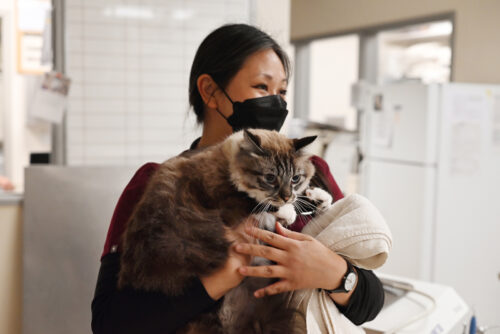
Staff member Maureen Koo with a client’s cat at the Community Veterinary Clinic at Humane Society of Sonoma County in Santa Rosa, Calif., Nov. 3, 2022. Photo by: Erik Castro
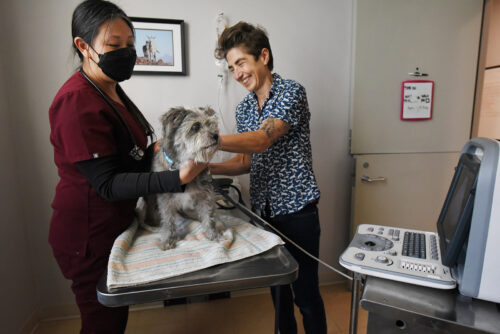
Dr. Ada Norris, right, and Maureen Koo performing an ultrasound on a dog for a client at the Community Veterinary Clinic at Humane Society of Sonoma County in Santa Rosa, Calif., Nov. 3, 2022. Photo by: Erik Castro
Story by Diana Ortiz, photos by Erik Castro.

